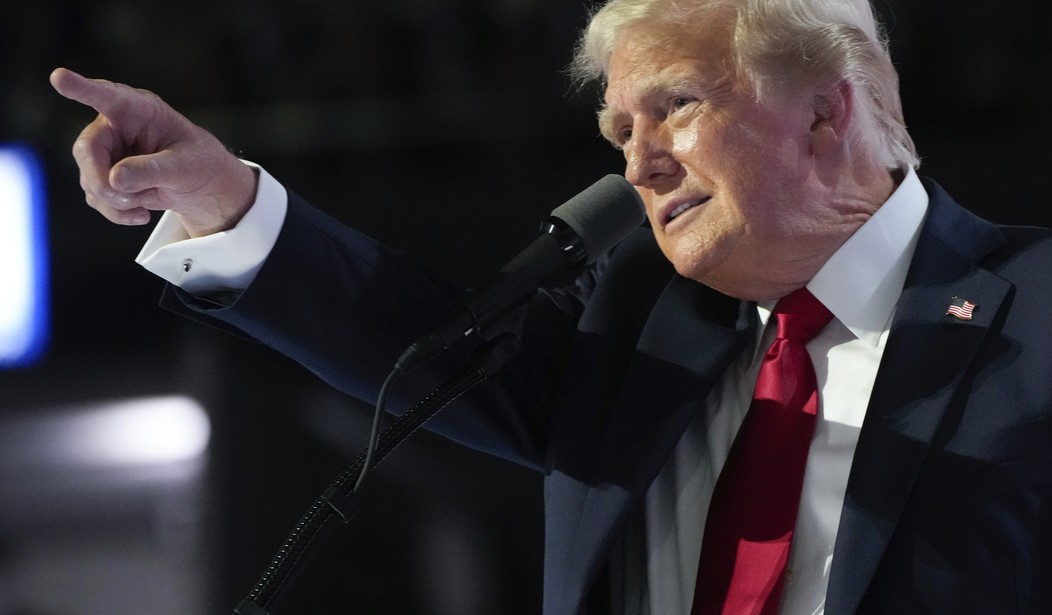One of the keystones of former President Donald Trump's 2024 campaign is the "No tax on tips" proposal, which involves eliminating taxation on tips received by, for example, wait staff, whose income primarily derives from gratuities. Senator Ted Cruz (R-TX) has even introduced a bill to codify this proposal.
The Tax Foundation, of course, has some thoughts.
Former President Donald Trump has proposed making all tip income tax-exempt. In the wake of this proposal, bills to exempt tip income have cropped up in both the House and Senate. Both the former president and the idea’s congressional advocates argue it will lower costs for working-class Americans. But it’s a poorly targeted change, with the potential for unintended consequences for both consumers and the federal budget.
The Senate bill, introduced by Sen. Ted Cruz (R-TX) and titled the “No Tax on Tips Act,” would create a 100 percent above-the-line deduction for cash tip income, with cash in this context referring to payments in physical currency, debit or credit card payment, or checks.
This seems like a good idea on the surface; most of us on the right favor reducing or eliminating taxes whenever and wherever possible.
See Related: Coming Soon to a Restaurant Near You: More Surcharges
Trump’s 'No Tax on Tips' Movement Is Growing
However, the Tax Foundation brings up the idea of some unintended consequences.
By making one type of income (tips) exempt from income tax, while other types of income (most importantly, wages) remain taxable, the proposal would make more employees and businesses interested in moving from full wages to a tip-based payment approach. That would mean more service industries adopting the restaurant industry approach of a list price up front and an expected voluntary tip at the end of the transaction.
Color me skeptical. Granted, people will skip occupations when there is a compelling reason to do so, but it's not at all clear that more service-related business models would move to a tip-based approach, especially now, as it seems the idea of tipping has pervaded every service-related business model where it's even possible.
This scenario, as well, seems very unrealistic:
One could imagine a scenario in which, say, highly compensated lawyers or accountants begin to receive some of their income as voluntary tips. Lawmakers could design the exemption to prevent or minimize exploitation, such as restricting the tax exemption to taxpayers below a certain income threshold or only to tipped income received in traditionally tipped occupations. Additionally, for tip income to be tip income, the payment must be made voluntarily by the customer and cannot be previously agreed upon (among other restrictions), so arrangements to agree upon a “tip” before providing, say, legal services would be illegal, but that could prove challenging for the IRS to enforce.
I'm skeptical in the extreme that attorneys will move to a tip-based model, no matter what illegal or quasi-legal means are used; and, as I understand it, there are certain kinds of cases where, for example, in civil suits, a plaintiff's attorney's compensation is agreed in advance to be a percentage of any monetary award attained for their client. That's not exactly tipping; it's more of a commission. But it's a system that's already in place.
Most of us who are conservatives and libertarians are in favor of cutting taxes wherever possible. It's difficult for me to see a downside to President Trump's proposal, including the idea that it may result in a loss of revenue to the federal government; as far as that goes, I say starve the beast and be done with it. But it seems that in this analysis, the Tax Foundation is seeking problems that are unlikely to develop.














Join the conversation as a VIP Member